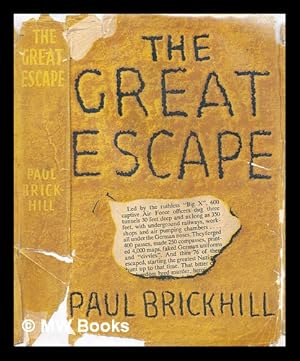

However, they had a balanced diet and shared what they found with one another. They looked for food and shelter to survive. Humans, the first members of hunter-gatherer communities, lived healthy lives. Big Idea #2: Our ancestors lived significantly shorter and unhealthier lives than we do today. Poor countries will likely try to adopt the innovations that allowed wealthier countries to increase life expectancy, and thus diminish these inequalities. The good news is that these inequalities can lead to progress. In that year, one quarter of children died before reaching age five and over half of the population lived on less than a dollar per day. In Sierra Leone, the health standards are worse than they were in the United States in 1910. Some countries are much richer than others.

Although more than a billion people still live in extreme poverty today, overall well being has increased significantly.įor example, a white middle-class girl born in the United States today has a life expectancy of over 80 years and opportunities for education and better economic prospects than her parents.Īlthough technology has helped to improve people’s lives, there is still a lot of inequality. However, over the past few hundred years, a lot has changed for the better. Throughout most of human history, people lived in extreme poverty. However, on average, people’s well-being has never been better than it is today. When listening to the news these days, one gets the impression that things are getting worse and worse. Big Idea #1: There’s never been a better time to be alive. You’ll also learn why our earliest ancestors’ way of life might not have been so bad how the United States became an aristocracy and why foreign aid is a blunt instrument in the fight against poverty. So what can we do about this? The following key points will help. However, not all countries are benefiting equally from these advances because richer countries benefit more than poorer ones do.

A lot has changed since then thanks to scientific discoveries and political ideas that have improved living conditions for many people around the world. Today we don’t even have to worry about it. 1-Page Summary of The Great Escape Overviewĭuring the last years of the eighteenth century, when life expectancy was about 35 years, over 400,000 people died in Europe from smallpox.


 0 kommentar(er)
0 kommentar(er)
